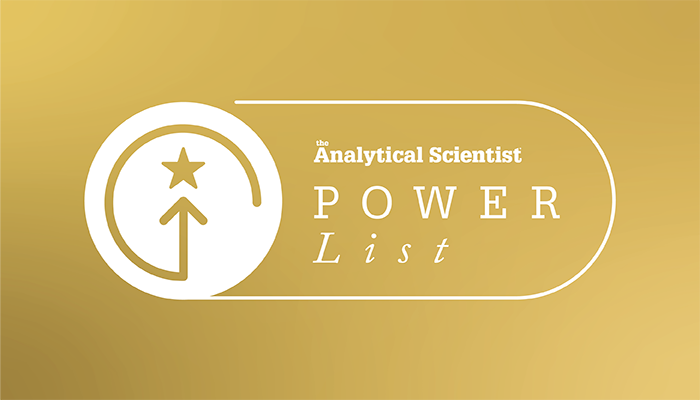
Each year, we ask the individuals on our Power List about the biggest challenges facing analytical science; raising the profile of the field, attracting talent, and data overload often come up. In 2025, add to the list economic and political turmoil – and especially uncertainty around research funding – which present their own serious difficulties while also amplifying those existing challenges. The future flourishing of the field is more uncertain than ever.
We launched The Power List more than a decade ago to highlight analytical science’s leading lights – to celebrate their successes and, hopefully, inspire others. We still believe in this approach. Nevertheless, we question whether the emphasis on “power” is what the field needs in our current moment.
Instead, we believe the time is right for sober reflection, fresh thinking, and new solutions to forge a path forward. Strong voices, especially when combined, can shake the foundations and spark new discussions. And when these voices are loud enough to be heard outside of the community, we raise the profile not only of the individual but the whole field.
And that’s why, for 2025, we’ve decided to turn the Power List on its head. Instead of the usual nominations and judging process, we’re asking entrants to submit their thoughts on one of the following three crucial questions for the field:
What should be done to help analytical science rise to prominence as the keystone of all good science?
How do we help today's analytical scientists become tomorrow's science leaders?
What is the point of analytical science?
This year’s Power List will share the most original thoughts and compelling arguments – and celebrate the individuals behind them.
The deadline for entries is Friday, May 30.
The rules
Entrants should answer only one question
Entries may be submitted in writing (300–500 words) or video format (no longer than 5 minutes).
Entrants are requested not to use generative AI to craft their entries.
Entries will be judged blind, with judges receiving anonymized essays or video transcripts.
Judges will be asked to select the entries that contain the most original thoughts and ideas and the most compelling arguments.
Submit Your Entry




